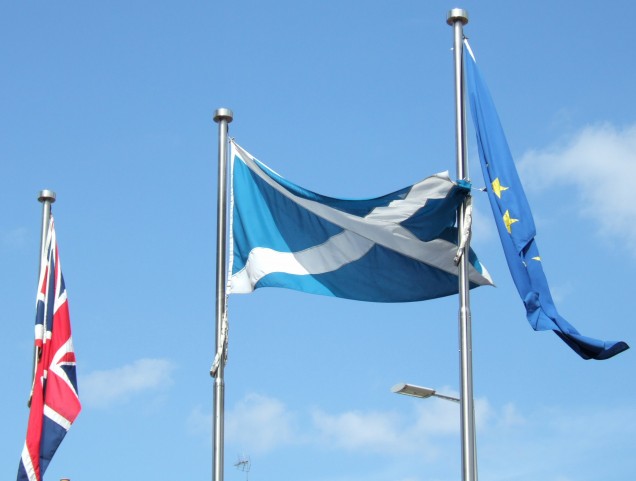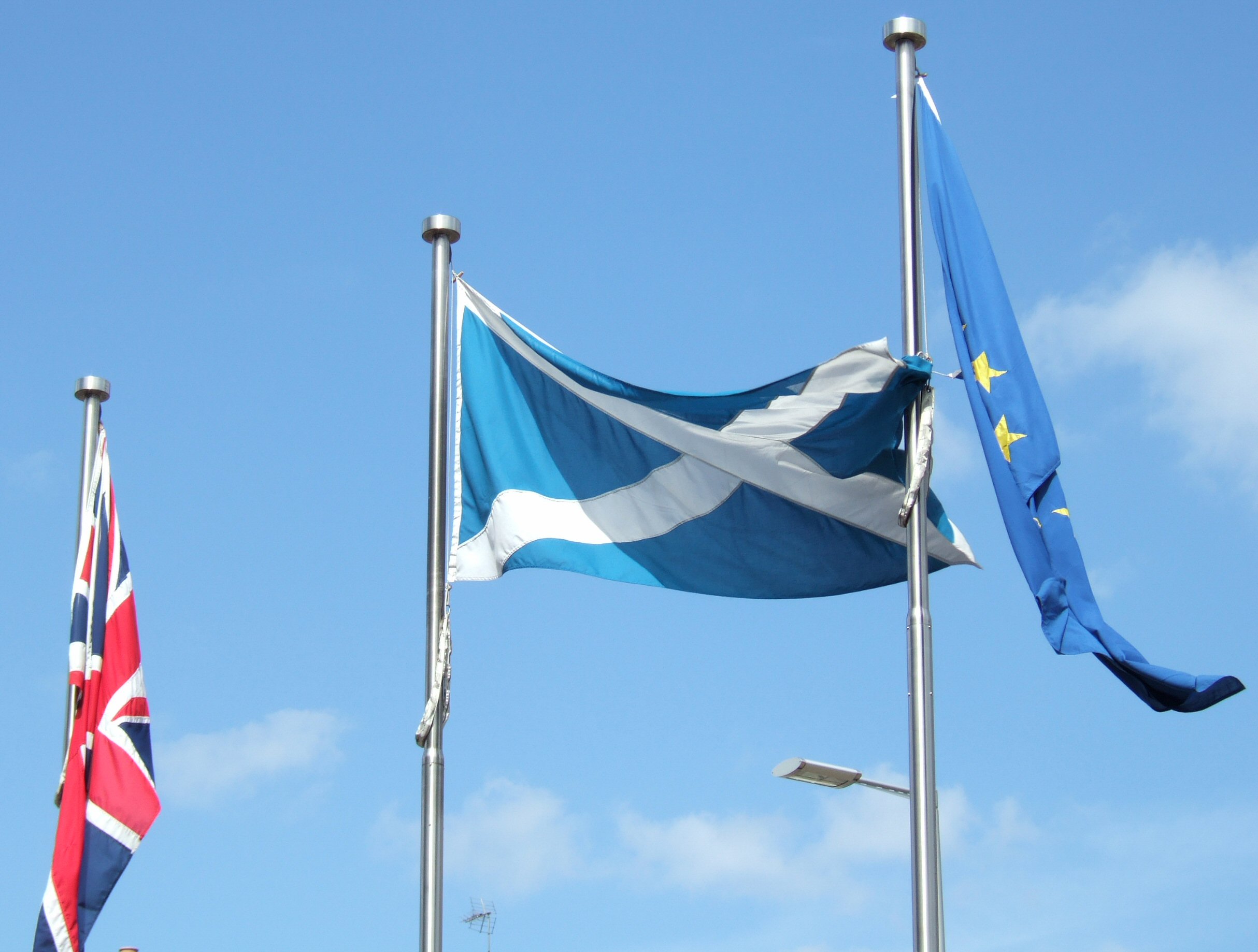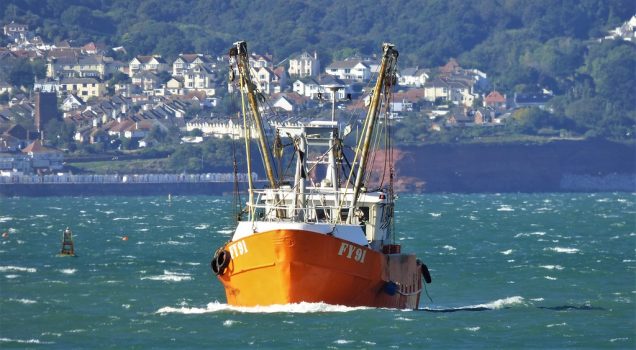I am often asked whether an independent Scotland can become an EU member.
The answer is simple: it can, but not without going through a lengthy procedure with several potential pitfalls.
The EU treaties list the member states. Scotland is not on that list. To become a member state with a seat at the table of the Council of Ministers, the treaties need to be changed to include Scotland. This cannot be done without the unanimous agreement of every one of the 28 national governments and ratification by every country’s national parliament (or in some countries possibly referendum).
This is true for both of the two possible mechanisms for doing this: an accession treaty or amending the treaties (the latter anyway being subject to questions as to whether that is a legally appropriate way of doing it).
Now, you don’t need to be an expert to know that there are several governments in Europe who won’t be keen to make such a treaty change a simple matter-of-fact “no problem, just sign here” matter, nodded through on the quick. Some of them are actually terrified at the precedent that it will create, and see it as an open invitation to those who want independence for Catalonia, Flanders, Corsica, Northern Cyprus, parts of Italy and so on.
If just a single one of these governments says No, or takes its time, then Scotland will find itself outside the EU at least for a time, and possibly for a long time.
The problems with this are considerable. Scotland outside the European Union (even for just a few years) means the English-Scottish border becomes a customs frontier, with controls. Scottish goods exported to Europe (including the remaining UK and Ireland) would face tariffs. EU regional funding would end. Fishing rights would have to be re-negotiated from outside. And that is just the start of a very long list of disadvantages.
After that, if there are accession negotiations, Scotland would have no automatic right to the various special treatments that the UK has been granted over the last few decades, from the budget rebate to having no obligation to join the euro or participate in the Schengen area of travel without frontier controls. No new member has been accorded such special treatment. Scotland may find that most of the other countries would be willing to grant them the same derogations that the UK has, but if a single one of them doesn’t agree, there is a problem that won’t easily be solved.
There is no sign that the SNP has thought this through. If you point it out, you are accused of negative campaigning, but no answer comes.
The SNP does say “better together” when it comes to Europe, even if it doesn’t when it comes to Britain. But it keeps quiet about the pitfalls that a separate Scotland would face in joining the European Union as a new member state.







10 Comments